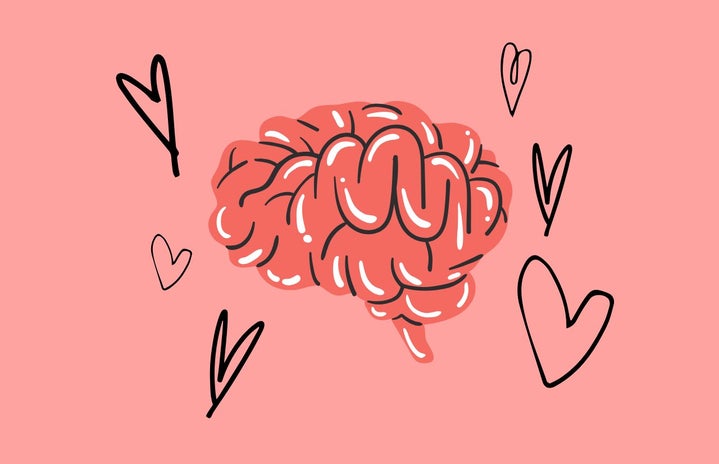Just like any competitive university, students at UCLA experience the intense pressure of meeting their parents’ and professors’ expectations. Additionally, many students frequently suffer from imposter syndrome and changes in mental health. Both first-year and transfer students have to adjust to living in a completely different world, almost always for the very first time. Health care and therapy may seem out of reach for many students due to the financial burden of college, primarily those who come from marginalized communities. Never fear, there are resources on campus for students to seek out. CAPS is the one that is most well-known on campus; however, in this article, I will cover some hidden gems:
- CAPS
-
Everyone knows about UCLA Counseling and Psychological Services, but it never hurts to reach out if you need help. The process is quite long and time-consuming. You first need to call the center during their business hours, and they then conduct an intake interview. Depending on your insurance, they will let you know the cost of your treatment. You can be seen by an array of mental health professionals which include psychologists and psychiatrists. The only downside is that CAPS is severely overbooked, and it will take a while before you are seen. If you aren’t seen in a timely manner, they will direct you to another mental health facility that is close to campus. It can be intimidating to talk to a clinician, but just remember they are there to help you. If you’re not quite ready for that then the RISE center might be a place for you to start!
- the rise center
-
CAPS’s affiliate program and physical extension is called RISE (Resilience In Your Student Experience). The RISE Center is a holistic wellness hub that offers a wide range of courses, training programs and self-directed resources to encourage and support UCLA community resilience, connection and wellbeing. Students receive services at no cost, and a group of mental health professionals, educators on prevention, wellness advisors and student ambassadors support the students. In order for students to reach their full potential for personal success, they promote the best practices centered around empowerment through social-emotional skills while elevating the concept of “mental health” as an everyday habit. I’ve gone to the RISE center, and it is so nice! The space is cozy and very comfortable and is definitely a nice place to go to in between classes. You can find out more via Instagram: @risecenterucla.
- marc
-
This one is actually a hidden gem. The Mindful Awareness Research Center has an array of meditation practices that can help you calm down and teaches you skills on mindfulness. It seems to be confusing to break into mindfulness at first, but this tool helps you navigate mindfulness without the process getting stressful. They even offer classes and more information, found here.
Navigating mental health at such a big institution can be daunting. However, I hope the resources I have listed are safe havens for those who need a moment to ground themselves and manage symptoms that are detrimental to their mental health.


